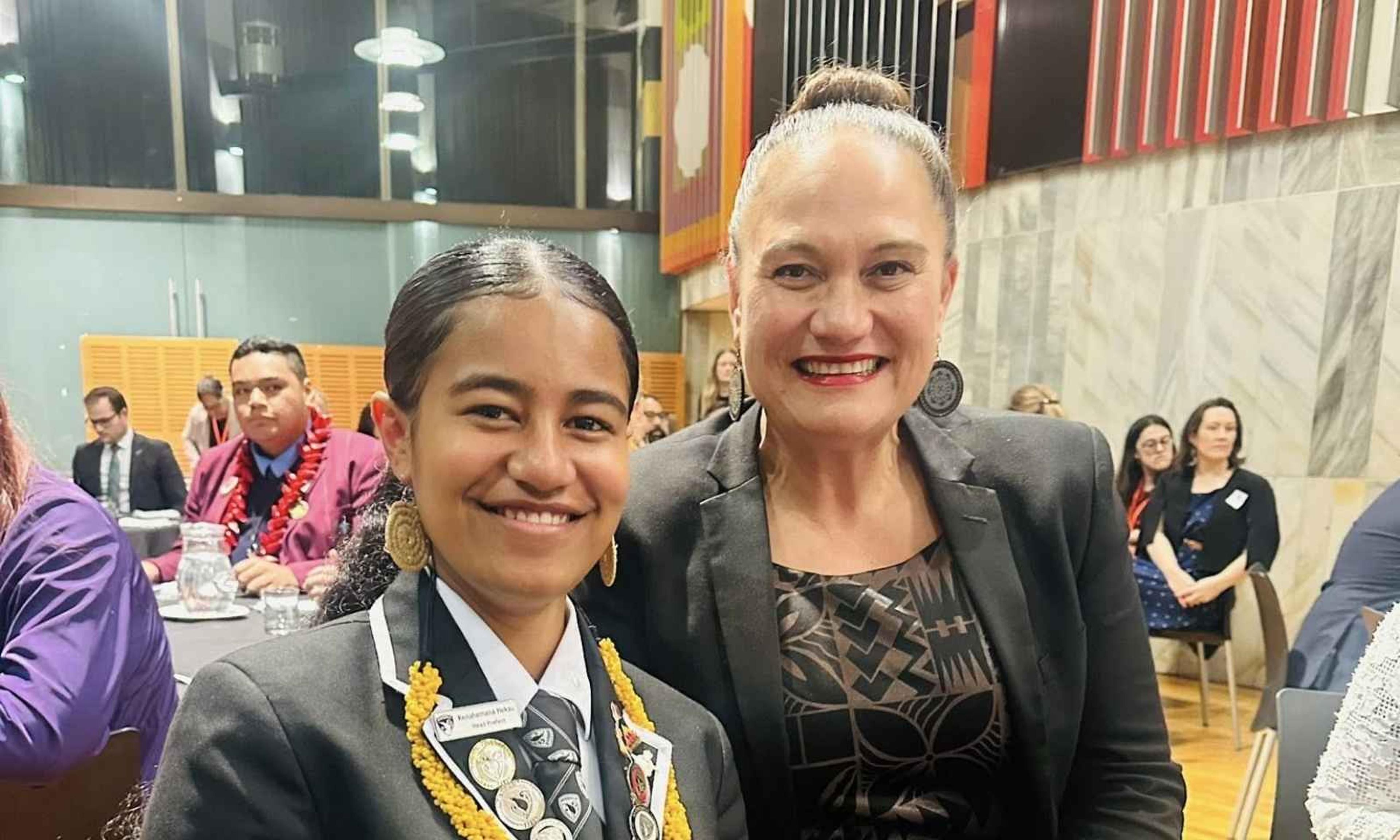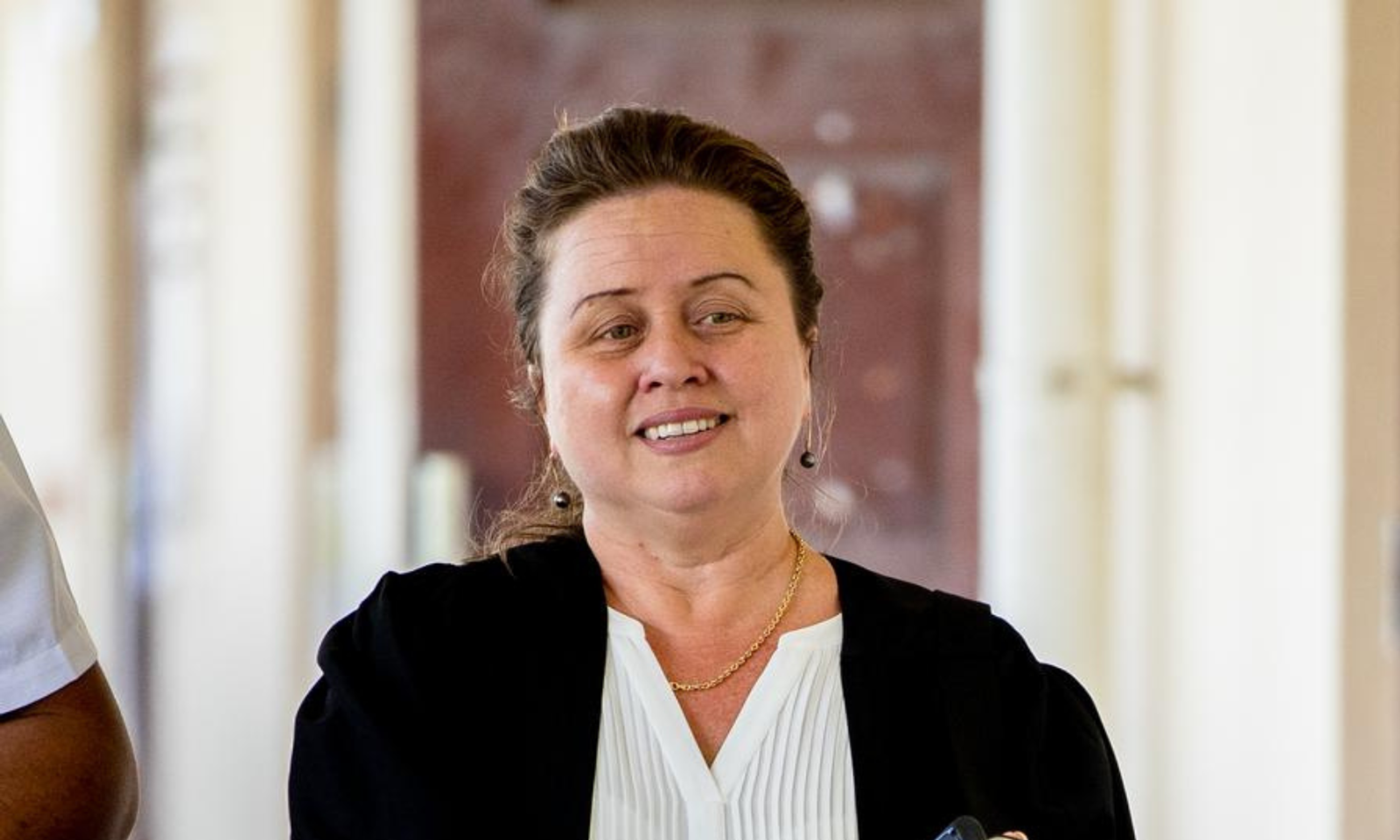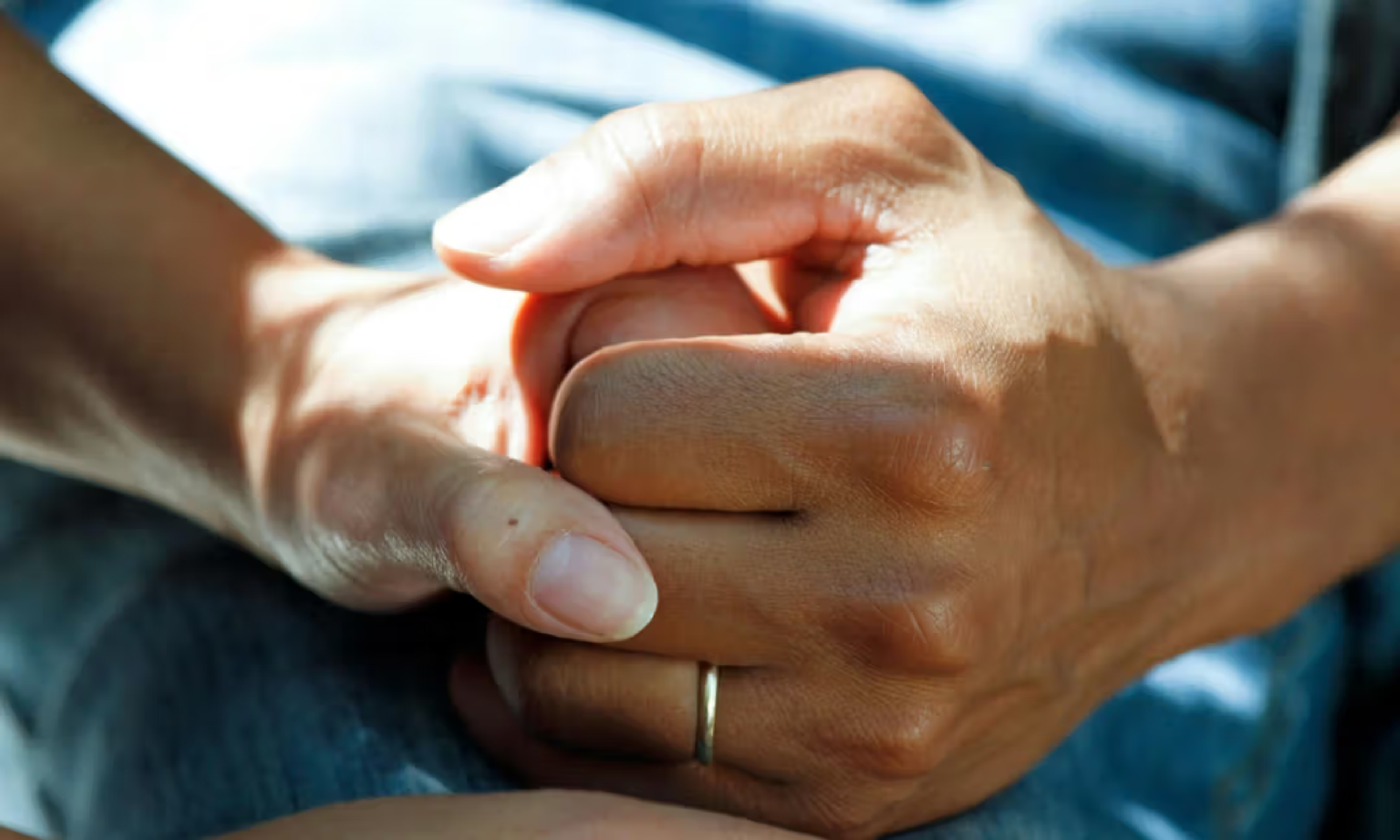

Radio host Ramanlal Vallabh and researcher Dr Radilaite Cammock aim to reframe sexual conversations within Pacific cultural boundaries.
Photo/Composite
Pacific advocates call for open dialogue on sexual health and relationships
Challenging cultural taboos, public health experts say it’s important to create safe spaces to empower youth and reduce stigma.




Pacific Parkinson’s support network grows amid push to end cultural stigma

Solomon Islands and Sāmoa make history at the OFC Nations Cup


From head girl to House debates: Niue Youth MP champions peers in leadership


Pacific Parkinson’s support network grows amid push to end cultural stigma

Solomon Islands and Sāmoa make history at the OFC Nations Cup
Pacific academics and leaders are advocating for open and honest conversations about sexual and reproductive health, despite cultural tendencies to avoid sensitive topics.
Dr Radilaite Cammock, Senior Lecturer in Public Health at Auckland University of Technology, says Pacific families need to engage in these taboo conversations within safe, culturally-grounded spaces, instead of shying away from them.
“When they hear of a conversation that happens, it's tabu [taboo], they run away from it,” the Fiji-born academic told Nemai Tagicakibau on Pacific Days.
“But, if we are able to unpack what tabu actually means, it means we recognise that this is a sacred conversation that we have to have.”
Cammock says that often, the first time parents talk about sex with their children is in response to a problem, creating a negative stigma.
“It's maybe disobedience or teenage pregnancy or something like that that then triggers us to have this conversation, and often when we are reactive in that way, all the emotion comes in, and there's no space to create a safe space for anything to happen.”
In Tonga, broadcaster Ramanlal ‘Lalal’ Vallabh has launched a controversial segment on Radio Nuku’alofa with co-host Lipe, where they discuss safe sex and sexual education.
Speaking to Carolanne Toetu’u on Pacific Days, Vallabh says they tried the segment a few years ago but had to shelve it due to community backlash.
“We were just getting on the radio and we’re saying words like ‘condom’ and ‘protected sex’, and in the half an hour we were on live, I think [the director] got nearly 100 calls of people telling her, you better stop those two saying that stuff.”
Watch Dr Radilaite Cammock's full interview below.
Learning about healthy relationships
Vallabh has four children and says open discussions about these topics are crucial, even when they are challenging.
“I have a 20-year-old daughter… that’s had some problems with her boyfriend and come up to me and spoke to me,” he says. “The only thing that I would do as a parent… is to support them.”
He urges other parents to do the same: “Even though it’s hard… you, as a parent, should be the first to say, ‘What do we do? Let’s have the baby and let’s try and take care of it’.”
Cammock says some families worry that relationship education in schools may encourage sexual activity.
“There are these views that if you are exposed, you're more likely to then participate, which is not supported in the literature at all.”

Families are encouraged to talk to their children about healthy relationships and sex. Photo/Kabita Darlami via Unsplash
Vallabh says if families don’t provide an environment for youth to have safe conversations about sex, young people will see information from less reliable sources.
“If your kids can't come to you and talk to you properly about condoms, and they're going to talk to their best friends, and that advice is usually not good … or they're going to look at social media to show them what's the right way [to perform] a sexual act.”
Ending the silence
Cammock admits discussions about sexual activity may be a new experience for Pacific parents who did not have these conversations growing up.
In earlier research conducted with Fijian families, she found that an aunt or uncle often provided advice rather than the parents.
In 2024, Cammock received emerging leadership funding to develop culturally-informed systems in healthcare.
Watch Ramanlal Vallabh's full interview below.
“Our Fijian health workforce makes up a significant proportion of the Pacific health workforce, yet we do not see our views or realities reflected in the approaches that we use,” she says.
“With this emerging leader fellowship, I aim to help address this gap in our understanding and bring an awareness of the importance of ethnic specificity in the Pacific approaches that we use.”
Cammock has also launched an online community platform called Set Tiko, where research findings will be shared, and a space for interaction and questions about navigating conversations on sexual health.
“It's not just sexual health in a bubble, it's sexual health and its connection to mental health, it's connection to family overall well-being.”